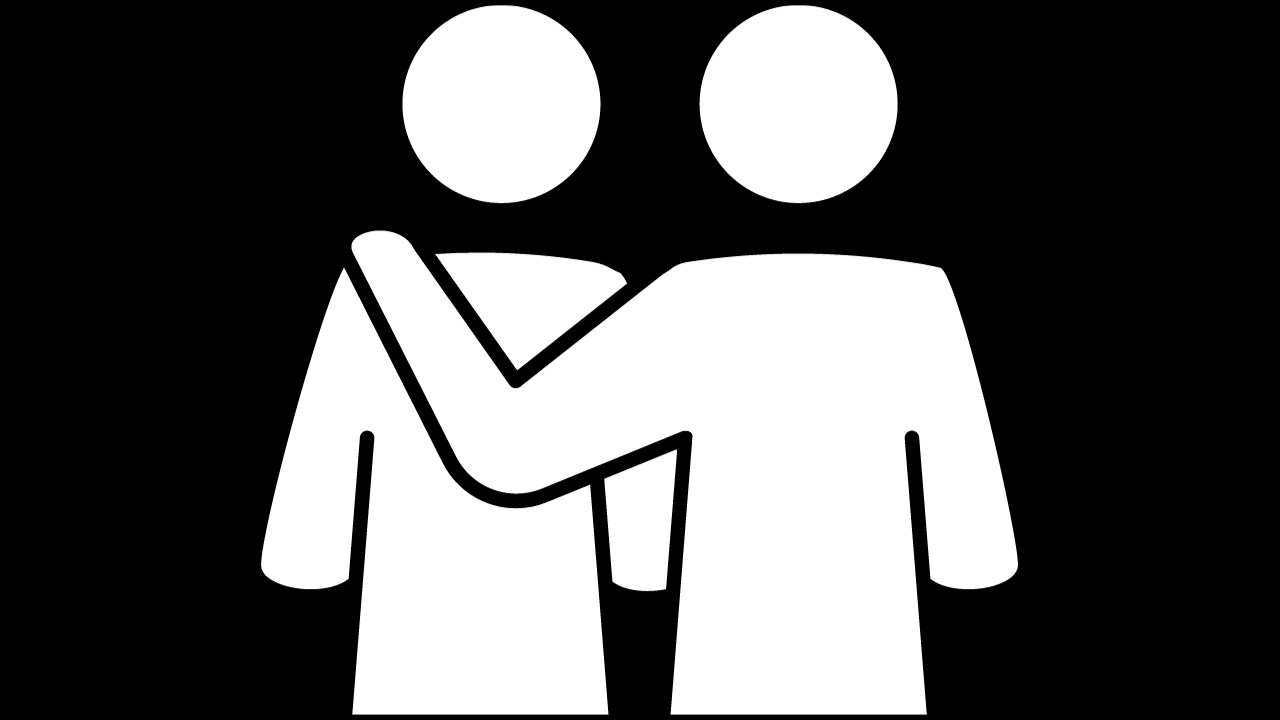#005 The Simple Realization That Made Me 100x More Empathetic
The things you dislike in others are usually a reflection of the things you dislike about yourself.
Imagine you have an argument with your spouse or significant other.
After the initial conflict it would be a good idea for you to spend some time alone thinking about how you may have contributed to the conflict and confusion.
Apply this same self analysis to interpersonal conflicts at work or in daily life, and you’ll undoubtedly see some surprising trends.
Do this enough times – and surround yourself with other people who are willing to do the same – and you’ll quickly see a pattern.
We frequently project our own shortcomings onto others.
This, of course, does not mean that you embody every negative character trait or flaw you see in someone else.
It’s safe to say that most people do not approve of physically abusive behavior towards an innocent person.
This, obviously, does not mean that you are secretly abusive to someone else. That’s too simple of an analysis of the larger point.
If you find yourself falling into the trap of – I don’t like X behavior and I don’t do X so I reject the idea that I project my own character flaws onto others – look deeper.
It’s a difficult pill to swallow, but once you do your life and relationships will improve. Easier said than done.
To illustrate this further, I’ll give you a personal example from my own life:
I worked with a guy who I couldn’t stand to be around, we’ll call him John Doe.
He was actually a great guy, but I didn’t like him because he was loud, bombastic, quick to shoot down people’s ideas and always had to be right – always.
If you’ve ever worked with, or spent a lot of time with, someone like this you know how frustrating it can be.
One day, I was talking to my wife and she was trying to explain her viewpoint about something to me (I don’t remember what the specific topic was).
During the course of the conversation every point she raised I had a counterpoint ready to shoot it down.
Mind you, I’m not the loud bombastic type like John Doe, but I was definitely not allowing her to say her piece with any sort of explanation. I just dismissed her opinion out of hand and moved on.
In my mind I was doing this because my view was clearly the most logical view and made perfect sense. I could tell she was frustrated and left the conversation defeated.
I justified this as a one off – maybe I was just irritated, or maybe I just really was right.
It couldn’t be that I possessed the same character trait, and acted just like John Doe. There was just no way – he was insufferable – and I was not.
Until a few days later I was having another conversation with a close friend, and I caught myself doing the exact same thing.
This happened several more times with other people until I finally had no choice but to realize the obvious.
I was acting exactly like John Doe.
So, I went on an expedition, who are other people in my life that bother me, and what specifically about them bothers me.
Over time I came to realize that a lot of the traits I disliked in others were reflections of my worst self. Things I would think or feel when I was irritated, tired, or just annoyed.
Once I made this realization (1) it was a very tough pill to swallow, but (2) it helped me understand people at a deeper level.
This doesn’t mean that the behavior is acceptable or should be tolerated. But, it does mean that you will likely be more empathetic towards those people.
Perhaps, they have never had the same realization you just did.
Perhaps, there’s nobody in their life that helped them realize that.
Perhaps, they experienced things in their life that naturally facilitated the way they act.
Once you realize that, it makes interacting with people that would otherwise bother you, much easier.
It also forces you to gain a deeper understanding of yourself which can at times be painful, but always worth the effort.
What bothers you about others may point to something about you that bothers them, and at some point that may be useful information for you to know.
Once you are aware that you exemplify these traits you can communicate with the people around you in a more positive way.
This improves not only your personal relationships, but people will, in response, view you in a more positive light.
The Question:
Think of some people in your life that you either (1) don’t particularly care to be around or (2) some quirks/traits other people in your life have that bother you.
Now, take some time alone and over the weekend think about (1) what you may have contributed to the strained relationship, and (2) what specifically about that person you do not like.
Then, ask yourself do you exemplify or manifest these same traits with other people in your life?
We’ve all heard, and likely repeated, the age old mantra that the only thing you can control is yourself – here’s a good place to start.
You got this.




